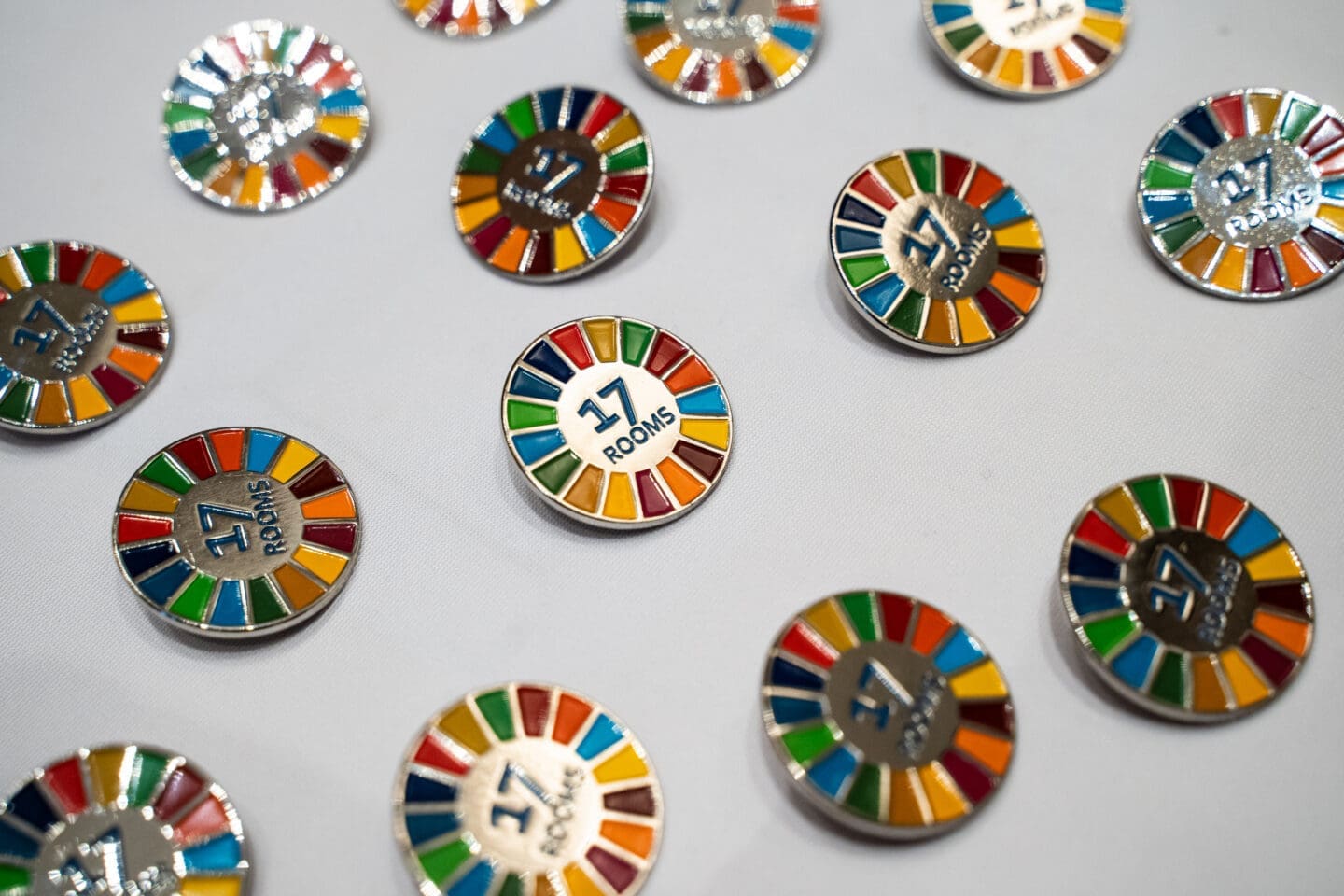A core motivation for establishing the Sustainable Development Goals (SDGs) in 2015 was to break from business-as-usual. As the past year’s Covid-19 pandemic and ensuing global crises have only underscored, a more just, sustainable, and inclusive world requires new forms of action, technology, and partnership at all levels – spanning business, science, government, and civil society.
The need for innovation extends to the process of problem-solving itself. Every country and local community needs its own efforts to work through multi-stakeholder debates and priorities. Specialist constituencies require opportunities to gather and hash out technical debates in depth. Spaces for policymaking and debate need not be rigidly formal. Many problems simply need creative environments for people to float ideas and explore cooperation on next steps, away from the pressures of microphones and public spotlights.
In September 2018, the Brookings Institution and The Rockefeller Foundation convened the first experimental 17 Rooms session, on the eve of the UN General Assembly, to spur progress within each SDG and bridge insights across goals. After only a few years of quick evolution, the initiative has tapped into widespread interest in new approaches to advancing the SDGs, through both a global flagship process and a creative commons offshoot dubbed “17 Rooms-X” (or 17 Rooms-U for universities).
This report takes stock of the 17 Rooms initiative as of early 2021 and captures emerging insights for a broader community of readers who might be interested in collaborating moving forward.
Learn more: https://www.brookings.edu/17rooms/
